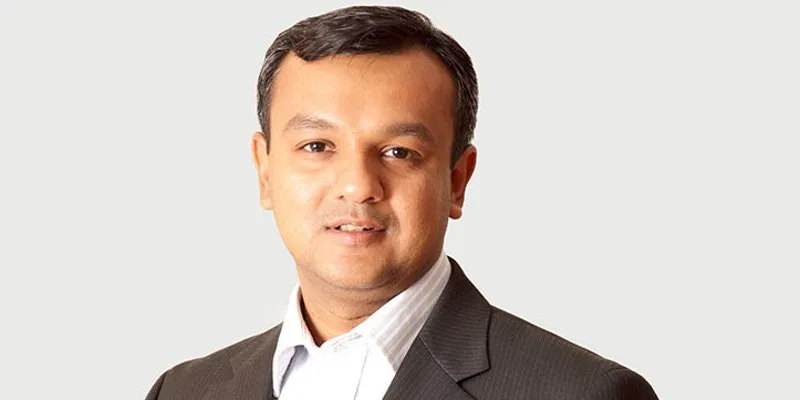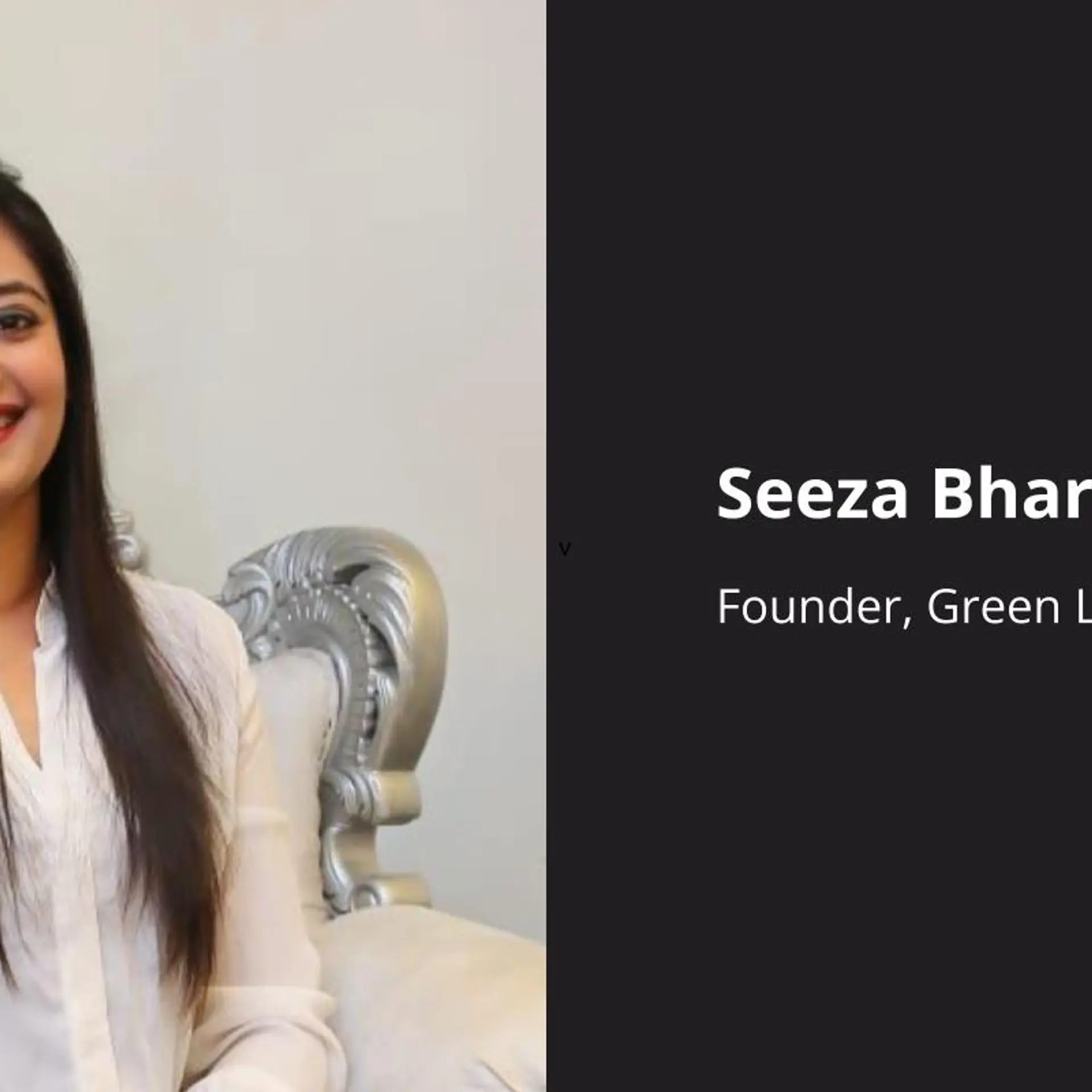Stubborn founders won't go far, the ones with conviction will: Rutvik Doshi of Inventus Capital
In this episode of 100X Entrepreneur podcast, Rutvik Doshi, Managing Director of Inventus Capital India, talks about his journey as an investor, and the common traits of a 100X founder.
Calling himself an accidental venture capitalist, Rutvik Doshi says he never imagined or planned for a career in the industry.
Growing up in Kolkata, Rutvik went to IIT Kharagpur for his bachelor's in Industrial Engineering. Later, he went to the Silicon Valley at a time when the dot-com bubble was around the corner with new dot coms being created every day.

After working in software development for six years, Rutvik did his MBA from INSEAD and landed a job at Google as a product manager. He moved back to India at the same time, when Google started a development centre in the country.
"I started up with Taggle.com, a Groupon-style company that pivoted to ecommerce later. We soon realised that we needed a lot of capital, which we did not have, and the startup did not work out. I shut it down and was trying to figure out what to do next."
Inventus Capital was then raising a new fund, and Rutvik happened to meet them and got talking. After spending six months understanding the scenario and looking at deals, he realised that it is a career he may enjoy and decided to become a VC. He joined the fund as a principal investor.
While Inventus Capital looks at 15-20 investments a year, Rutvik likes to look after a maximum of five at a given time. The VC fund primarily invests in startups in the pre-Series A or Series A stage, while actively seeking out a mutual level of comfort with the founding team.
Having made eight investments so far in seven years, Rutvik has two exits in his bag. Aasaanjobs was acquired by OLX while the other deal is yet to be disclosed.
Listen more to what Rutvik had to say as he spoke to Siddhartha Ahluwalia, on an episode of 100X Entrepreneur podcast by Prime Venture Partners, a series featuring founders, venture capitalists, and angel investors.
Strengths and weaknesses as a VC
At the time of joining the VC space, Rutvik laboured under the misconception that feedback is received instantly in the corporate and startup world. Considering that the VC industry has long-term cycles, he then understood that feedback loops were not really instant.
Initially, he was under the impression that he will know his strengths and weaknesses in under five years and understand what works and what doesn't within that time frame.
"Now it has been seven years and I have come to peace with the fact that it really takes 10 years to understand what works and what doesn't. Having said that, I think the strengths that I bring to the table are around building strong relationships with the founding team, and being able to play the role of mentor to the founders. I think that that is one aspect of venture capital that I did not know before getting in."
He added that he has started enjoying playing the role of a mentor regularly. He enjoys holding conversations with founders at 10pm or even at midnight.
From professional conversations to personal conversations, Rutvik’s role as a mentor has been to always be there for the founders, and deliver value to them that is beyond cash.
Coming from a product engineering background, Rutvik spends a lot of time on product strategy, which he calls his natural strength. Speaking of weaknesses, he admitted to not being completely comfortable with plenty of hustle and being on the street to identify competitive deals.
"I’m more comfortable post-investment rather than the pre-investment phase," he added.
Traits of a 100x founder
VCs are often preoccupied with the question of what traits make a 100x founder. According to Rutvik, founders should have a deep conviction in what they’re doing. In many instances, founders who come in and pitch to the investors try to create a story around the pitch that the VC may like, which, he added, is the wrong approach.
VCs would instantly gauge that a certain founder does not have deep belief or conviction in himself or herself. They are rather trying to do it to make others happier or get an exit, but it does not come from deep conviction. “Though it is very hard to assess in the initial days, the signs of an emerging 100x founder is that his/her personal growth is faster than the growth rate of the company,” Rutvik said.
He also talked of the difference between founders who have stubbornness and those who have conviction. Stubbornness refers to an 'it's my way or the highway’ attitude. Conviction, on the other hand, is about directional thinking where the founders are willing to listen, absorb, and add more things to the business that will generate acceleration.
"Stubbornness will not take the founders and the startups very far, but conviction will," Rutvik said.



![[WATCH] Inventus Capital Partners talk about oversubscription of India fund to the tune of Rs 369 Cr](https://images.yourstory.com/cs/2/01f48b20d5e911e899be731e1ddbc52d/Untitleddesign941575628921094png?fm=png&auto=format&h=100&w=100&crop=entropy&fit=crop)




